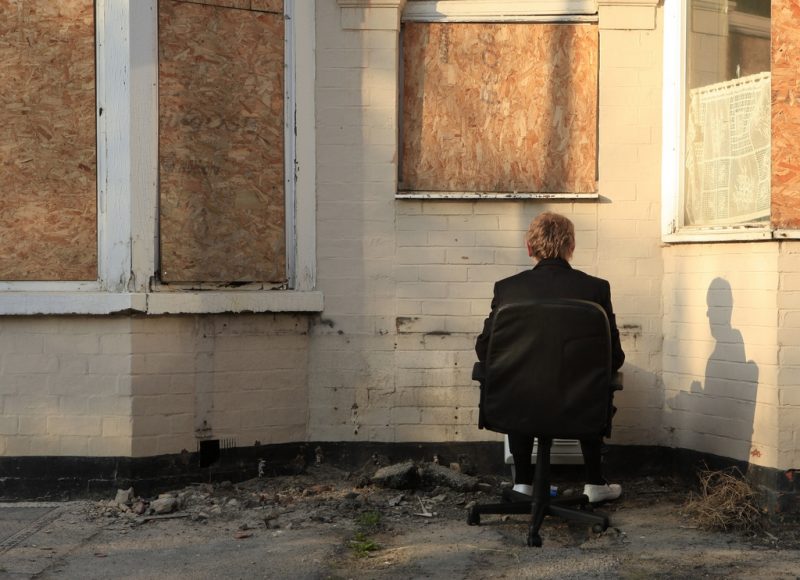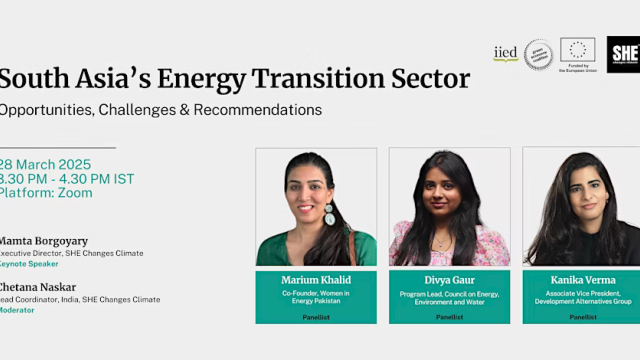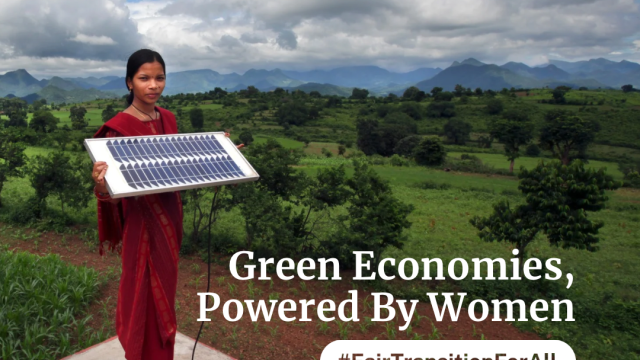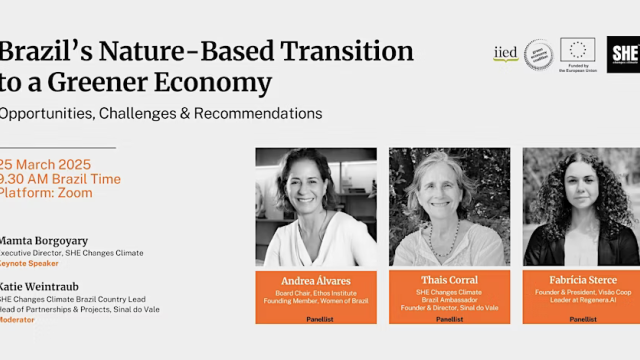Green economy: new jobs for a new generation?

Imagine you had been born in 1992, at the time of the first Rio summit. Today, you would be 19, maybe 20. Environmental crises have been a fact of your existence – pollution, climate change, extreme weather events – as well as energy crises such as nuclear meltdowns and oil spills. If you’ve been through education, you and your friends are graduating into the worst global economic recession in a century, and jobs are scarce. If you haven’t been through education, jobs are more than scarce.
I ask you to imagine this, and to wonder about how little this upcoming generation has to lose. Their future prospects have been greatly compromised by those who have gone before. In response, 2011 saw young people at the forefront of the Indignados and Occupy movements, as well as the UK riots this summer. We must listen. It is time to inspect and challenge the environmental and economic legacy that today’s young people are set to inherit.
How can we change the story? How can we harness the energy and dynamism of a new generation, and give them much-needed hope for the future?
Firstly, we could start appreciating young people rather than vilifying them, taking their vibrancy and new ideas and recognising that that is exactly what we will need to transform and rebuild our world in the vision of a ‘green economy’. There is much work to be done, and there are many that need the work.
It was in this spirit that the East London Green Jobs Alliance was launched last year. We are a coalition of trade unions, NGOs, community representatives and green businesses working together to create green and decent jobs for East London citizens, especially those who are young and unemployed. We are currently putting together a programme that will feed some of these young people through a ‘jobs pipeline’, through training and into work placements or apprenticeships in the green trades. It’s a small project, but it’s a start and we will be working to help other communities replicate our model this summer.
We’re excited about our work, but it’s not easy. Obama’s promise back in 2008 of the creation of 5 million green jobs was always going to be a gross exaggeration – you can’t will jobs into being. But we could certainly make it easier for those who have been traditionally excluded from the job market to make the most of this new green opportunity.
- We could create more incentives for employers (and especially small and medium-sized ones) to take on apprentices.
- We can push and advocate for training and education in setting up worker-owned cooperatives.
- We could ask our local governments to require employers to hire a certain percentage from the local workforce.
- We can better educate our young people in STEM skills, and help them become environmentally literate, so that they understand how meaningful and dignified it is to work to create a better world, no matter how small your part, and they have the skills to carry out that work.
We don’t suggest that green jobs are the only answer. The green jobs agenda is just one part of what will help us transition to a successful green economy. And there are many questions still to be answered about what the exact definition of a green job is. Are we talking about highly skilled, clean-tech jobs? Entry-level work in recycling? Or are we working to ‘green up’ everyone’s jobs, inviting everyone to be a part of this green revolution?
Another issue is, since the green jobs discourse is one that started in the States, the perspective isn’t exactly global. In the UK, with the introduction of the Green Deal later this year, many of the ‘green jobs’ we can expect to see will be in solid wall insulation, since we have to improve our old Victorian housing stock. But what will a green job look like in Vietnam, or Nigeria?
These are all questions that need to be answered and perhaps, together, we can go someway to finding those answers.
Hanna Thomas


